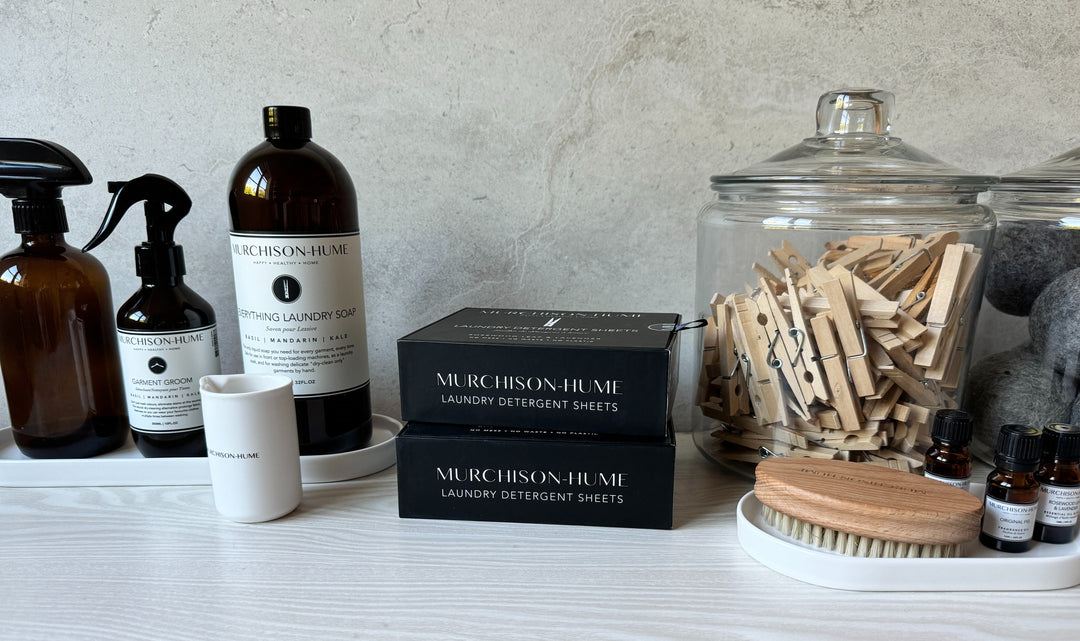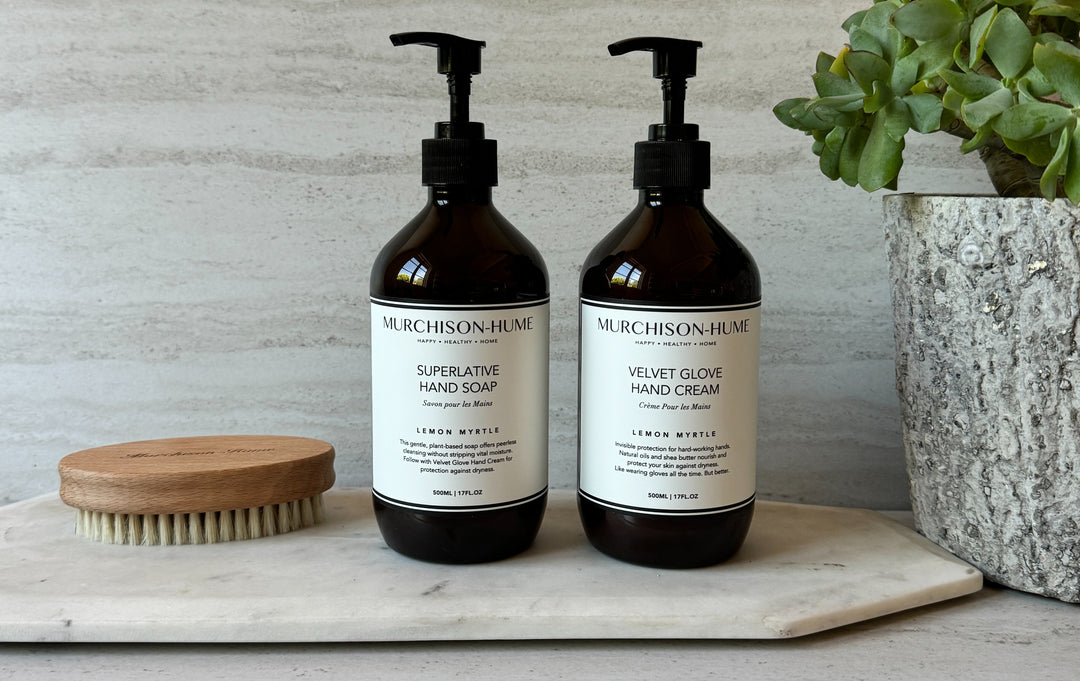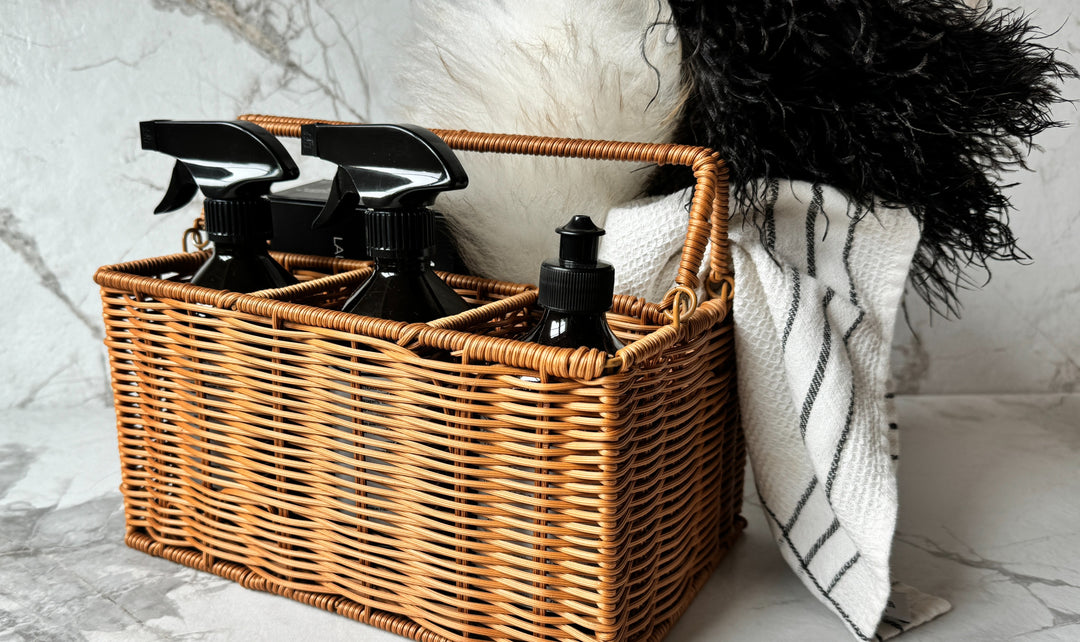This time of year, cooking at home just feels, well, cozy. Whether you’re reprising old family recipes for a big get-together or you’re testing out new crockpot ideas, you’re probably reaching for the spice rack more than you might in, say, the heat of summer. Besides, what would your grandmother’s famous chicken Milanese recipe be without her secret mix of thyme, basil, and oregano? But to keep the flavor of your spices going as long as possible, it’s important to store them correctly.
| SHOP ORGANIZATION |
Things to Keep in Mind When Storing Spices
It’s fairly standard to keep the spices you use the most in the front while the ones you use more sparsely (looking at you, anise) can hang out in the back. There’s no one definitive way that herbs and spices need to be stored, but it’s important to be able to see them all in one place. First, take stock of all the spices and herbs that have likely accumulated over time. While dried spices and herbs don’t necessarily go bad, they do lose their flavor over time. That said, if you store them in a cool, dry place that’s out of direct sunlight and away from a heat source like the stove, you should be in good shape. We like to store ours in a drawer, which makes it easy to see everything you have in one cursory glance.
What To Store Spices In
Just as important as where you store your herbs and spices is what you store them in. While it’s tempting to leave them in the cheap little plastic containers you likely bought them in, it’s worth taking the time to transfer them into more uniform containers. (Our Brass Funnel is perfect for this!) We recommend using air-tight glass jars—or any other clear containers with an airtight seal, can help keep your entire collection fresh and in plain view. Using labels helps you easily identify each item and write down the date when you bought it.
Generally, ground spices last about six months, while whole spices usually retain their flavor (and their potent scent) for up to five years. If you sniff them and it smells stale—or like nothing at all—it’s time to toss them.
A Note On Safety
Of course, the best way to know exactly what’s in your herbs and spices is to grow them yourself. Sure, it sounds time-consuming, but most herbs are available in seed form at your local hardware store. A bit of water and weekly attention will give you a season’s worth of dill, rosemary, thyme.
Even more, a new study that was published in Consumer Reports found that popular herbs and spices from popular brands like Walmart’s Great Values, McCormick, and Penzeys had potentially dangerous heavy metals like arsenic and lead in them. According to the report, thyme and oregano had levels that CR experts say are the most concerning. If growing them yourself isn’t possible, try buying local, whole herbs and spices—and use them sparingly.
Luckily, the amount of exposure in most herbs and spices isn’t much to worry about—but it’s a great excuse to DIY your own spice blends. Happy cooking!
xx mlk







